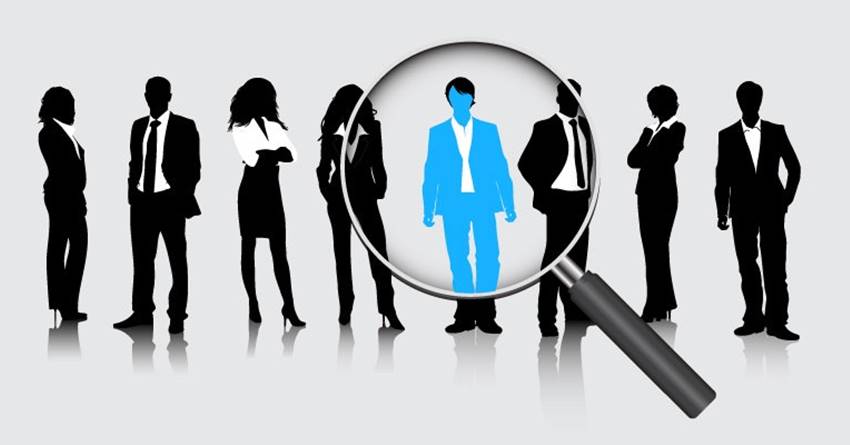
Without an increase in tax rates but with the application of a new type of standards and with the help of artificial intelligence and myDATA e-books, the government’s economic officers are planning changes to the tax system for self-employed, self-employed and sole proprietorships.
According to the information, the new framework is based on an algorithm that will determine the minimum income that professionals must declare to the tax office based on income, expenses, living expenses, and asset possession.
The elements that will be taken into consideration and that will determine the financial profile of each professional include, among others:
- Professional activity carried out by a professional (doctor, lawyer, plumber, refrigerator, etc.)
- The taxpayer’s place of work. The criteria are the area where the activity takes place, the commercial surface area, and the rental amount.
- Number of employees working in the profession.
- Fixed costs, mobile and fixed phone costs, electricity and water supplies, gasoline, utilities, and heating oil.
- Expenses are made through cards from Greek and foreign banks.
By applying the mathematical formula, the minimum taxable income for self-employed and freelancers will be determined, which will be taken into account in the audits conducted by the tax audit mechanism on the income declared by taxpayers.
The aim is to detect undeclared income mainly from occupation categories that declare income of less than €10,000, as well as branches that present particularly high costs and low net profits.
Digital customer base
Changing the unique net profit coefficients is also being considered, in order to limit the possibility of reducing net profits, while a digital client list is being created, which AADE will see the number of clients received daily by thousands of professionals.
Once the tax control mechanism knows the number of clients, it will be able to calculate the income of each professional and compare it with the receipts he deducted and the income he declared to the IRS.
The first to be required to comply with the digital client list are catering and event organizing companies, while the list drawn up by the leadership of the Ministry of National Economy and the AADE includes professionals who in the past had an obligation to comply with this – called additional books (abolished for many in 2013).
Although final decisions have not yet been made, doctors, gyms, physical therapists – beauticians, nursing homes, car parks, garages, vehicle rental companies, tutoring centers and hotels – are being considered for rooms to rent to keep a digital client record.

“Avid problem solver. Extreme social media junkie. Beer buff. Coffee guru. Internet geek. Travel ninja.”





More Stories
“Recycling – Changing the water heater”: the possibility of paying the financing to the institution once or partially
Libya: US General Meets Haftar Amid Tensions Between Governments
New tax exemption package and incentives for business and corporate mergers..